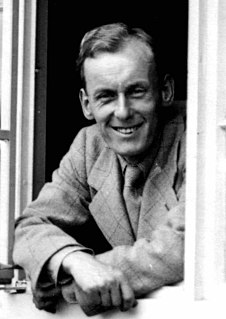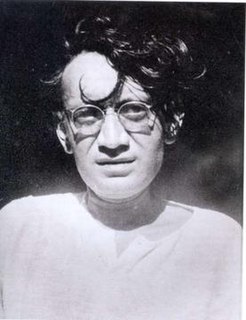A Quote by H. E. Bates
The basis of almost every argument or conclusion I can make is the axiom that the short story can be anything the author decides it shall be;...In that infinite flexibility, indeed lies the reason why the short story has never been adequately defined.
Related Quotes
Yes sir. You can be more careless, you can put more trash in [a novel] and be excused for it. In a short story that's next to the poem, almost every word has got to be almost exactly right. In the novel you can be careless but in the short story you can't. I mean by that the good short stories like Chekhov wrote. That's why I rate that second - it's because it demands a nearer absolute exactitude. You have less room to be slovenly and careless. There's less room in it for trash.
Here in Manto's own words that he wanted to mark his grave with: "In the name of God, the Compassionate, the Merciful Here lies Saadat Hasan Manto and with him lie buried all the secrets and mysteries of the art of short-story writing.... Under tons of earth he lies, still wondering who among the two is greater short-story writer: God or He.
I decided to make myself a little less precious with my storytelling. I think you can see from the first three pieces in the book that I have a long term relationship with the short story as a form and I really love an elegantly crafted story that has several elements that come together in a way that is emotionally complex and different from when we started. That kind of crystalline, perfect, idealized thing that the short story as a genre has come to represent.
These short stories are vast structures existing mostly in the subconscious of our cultural history. They will live with the reader long after the words have been translated into ideas and dreams. That's because a good short story crosses the borders of our nations and our prejudices and our beliefs. A good short story asks a question that can't be answered in simple terms. And even if we come up with some understanding, years later, while glancing out of a window, the story still has the potential to return, to alter right there in our mind and change everything.





































